Last summer when Black Lives Matter marches were taking place all over the country, the residents of our retirement community were upset. Most of them had been marching for good causes all their lives, but we were in lock-down due to the pandemic and discouraged from mingling in crowds. So they made a big banner to be carried in the march by two younger masked local clergy; residents signed their names on it in lieu of being there themselves.
Of course, there have always been reasons why some of us can't participate in a big demonstration: disabilities, lack of energy due to age or illness, concern about counter-demonstrations and the police, etc. Now the pandemic has further limited engagement.
That's why I'm glad there is more than one way to be an activist,

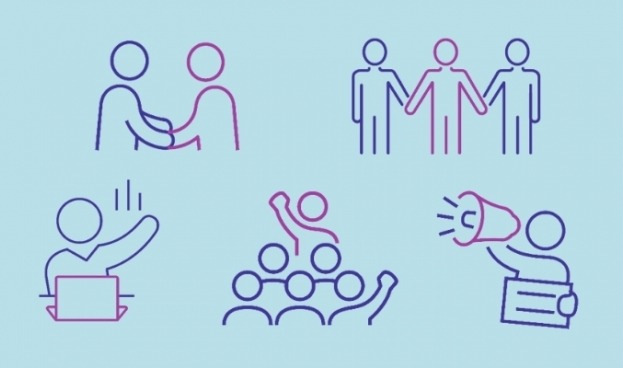 What Kind of Activist Are You?
What Kind of Activist Are You?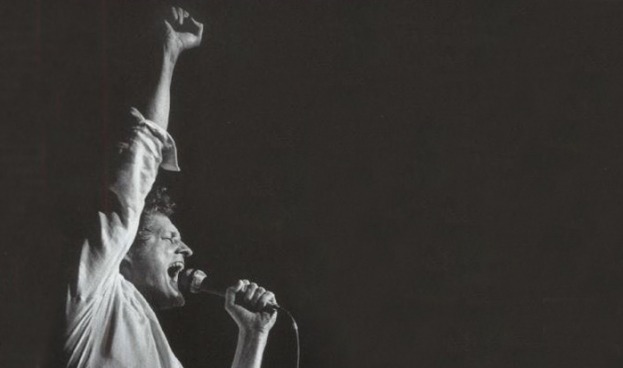 Harry Chapin's America
Harry Chapin's America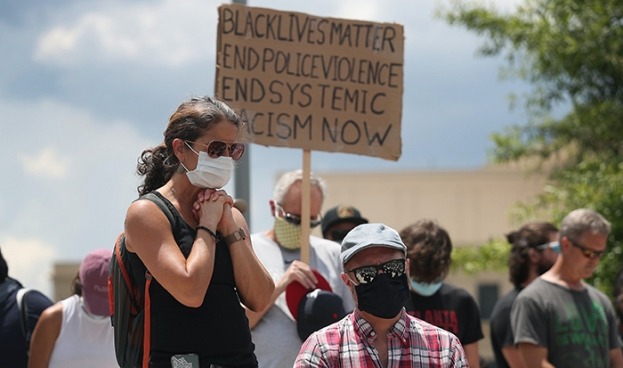 40 Days until the Election
40 Days until the Election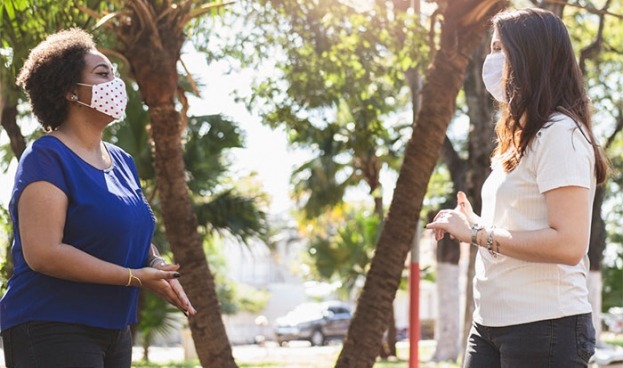 The Politics of Reverence
The Politics of Reverence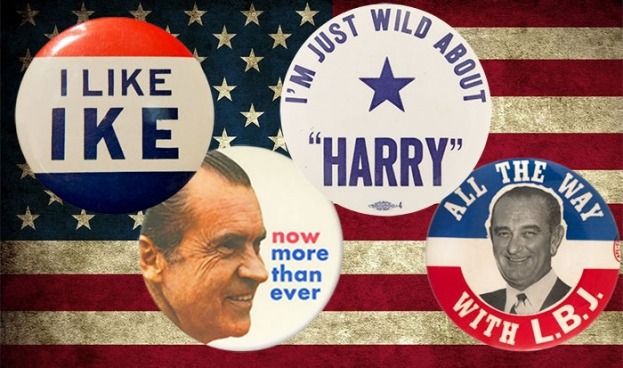 Presidential Campaign Slogans
Presidential Campaign Slogans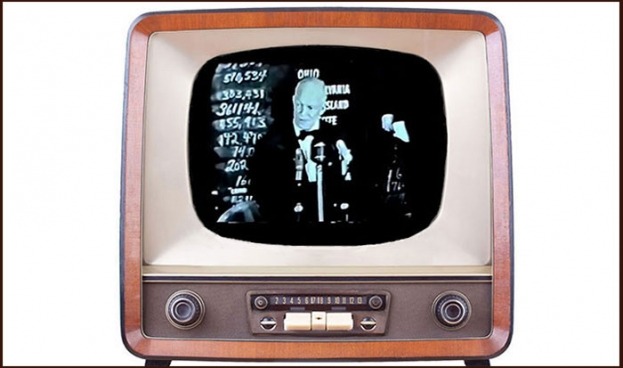 Big-Hearted Democracy
Big-Hearted Democracy Practicing Democracy in Your Journal
Practicing Democracy in Your Journal Grateful for Government
Grateful for Government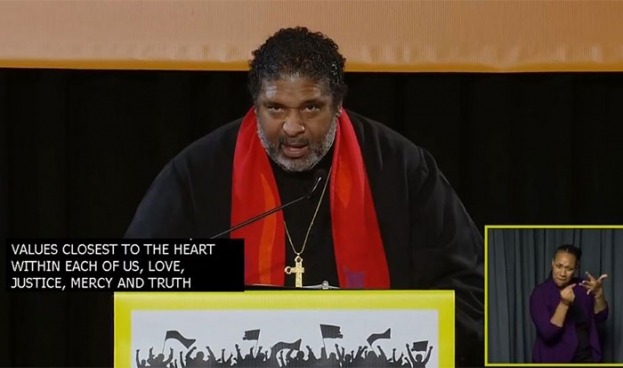 Reallocating Resources in a Democracy
Reallocating Resources in a Democracy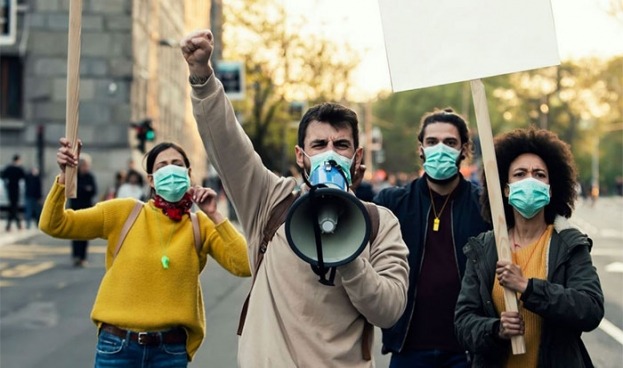 Exercising First Amendment Rights
Exercising First Amendment Rights